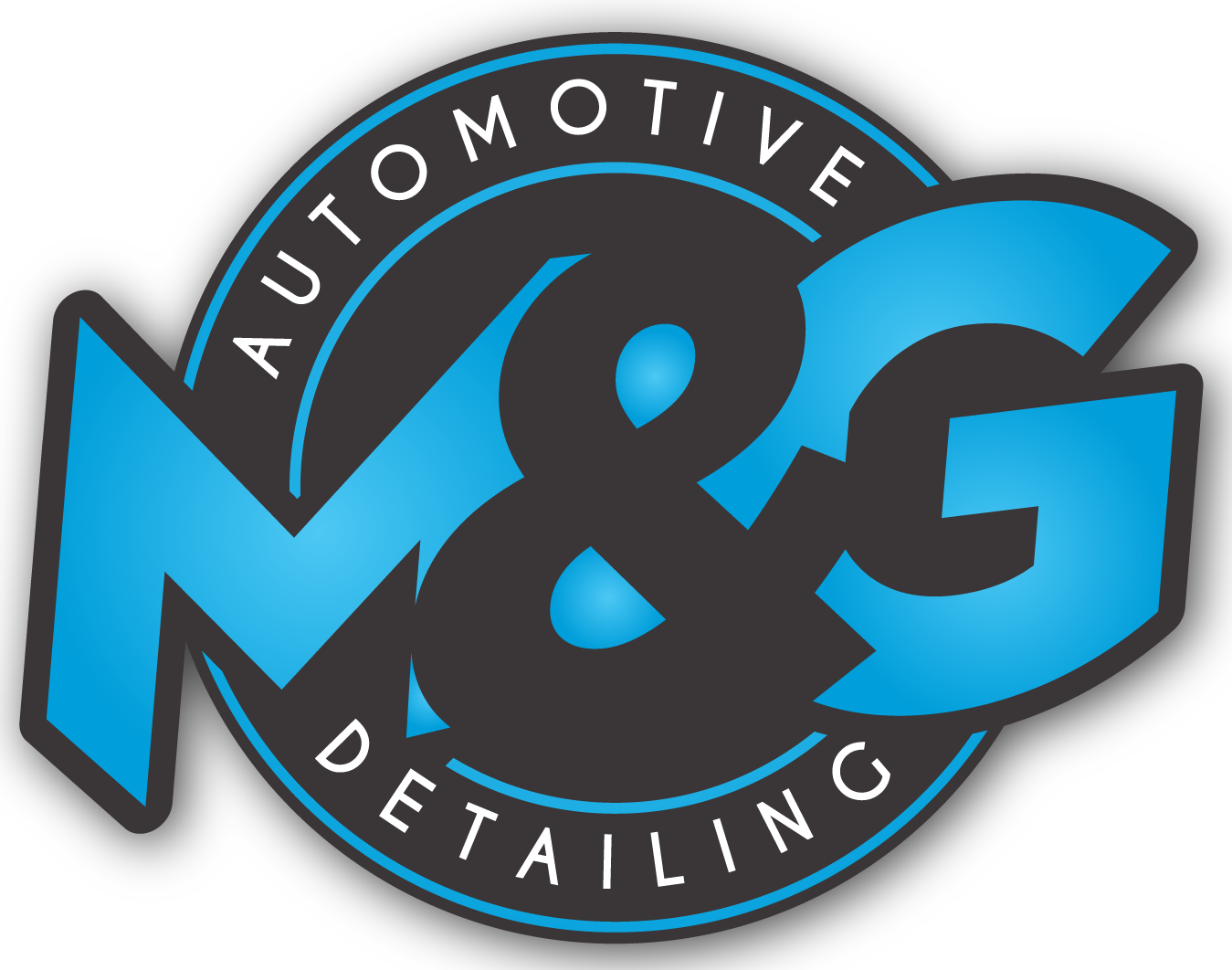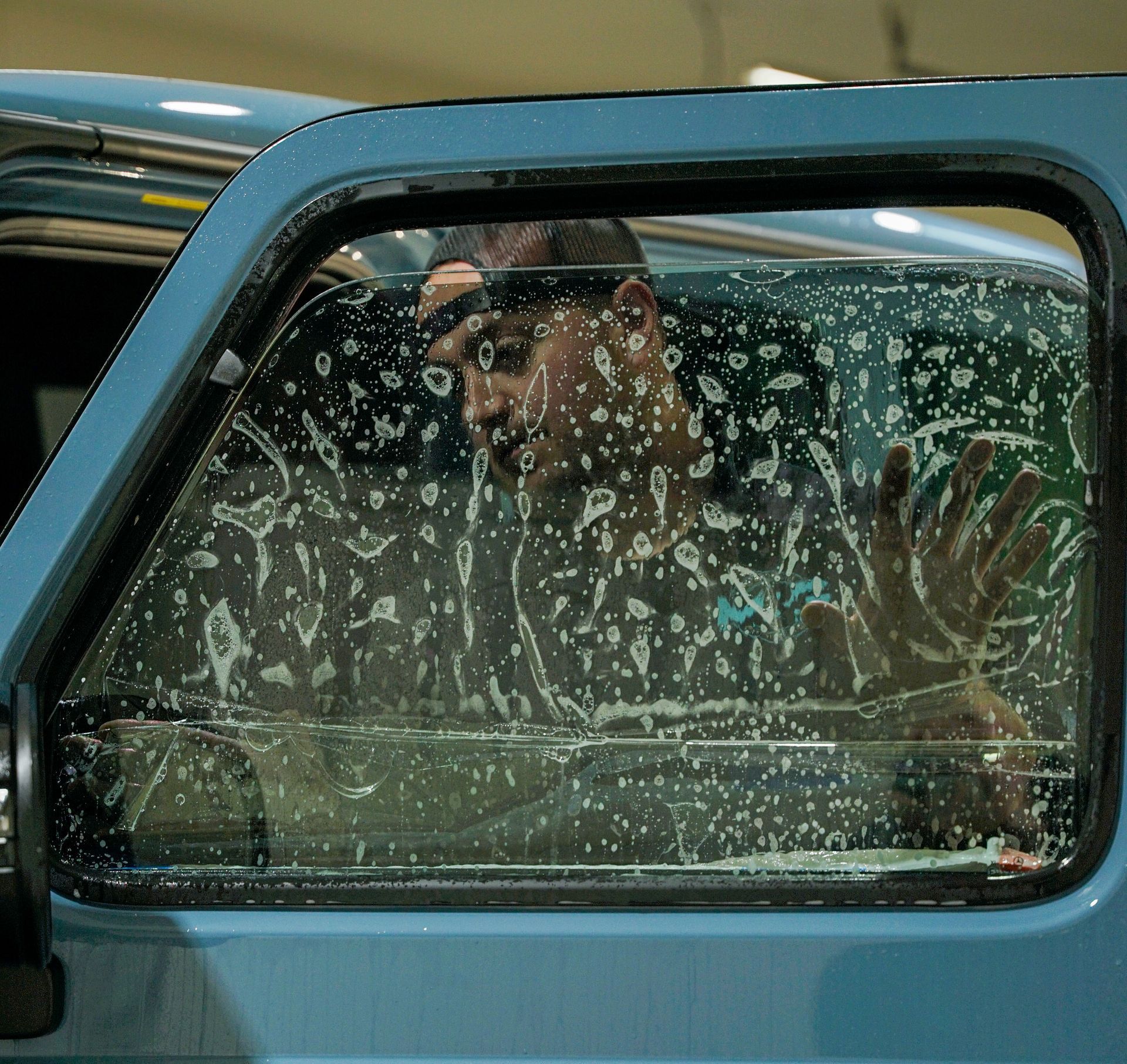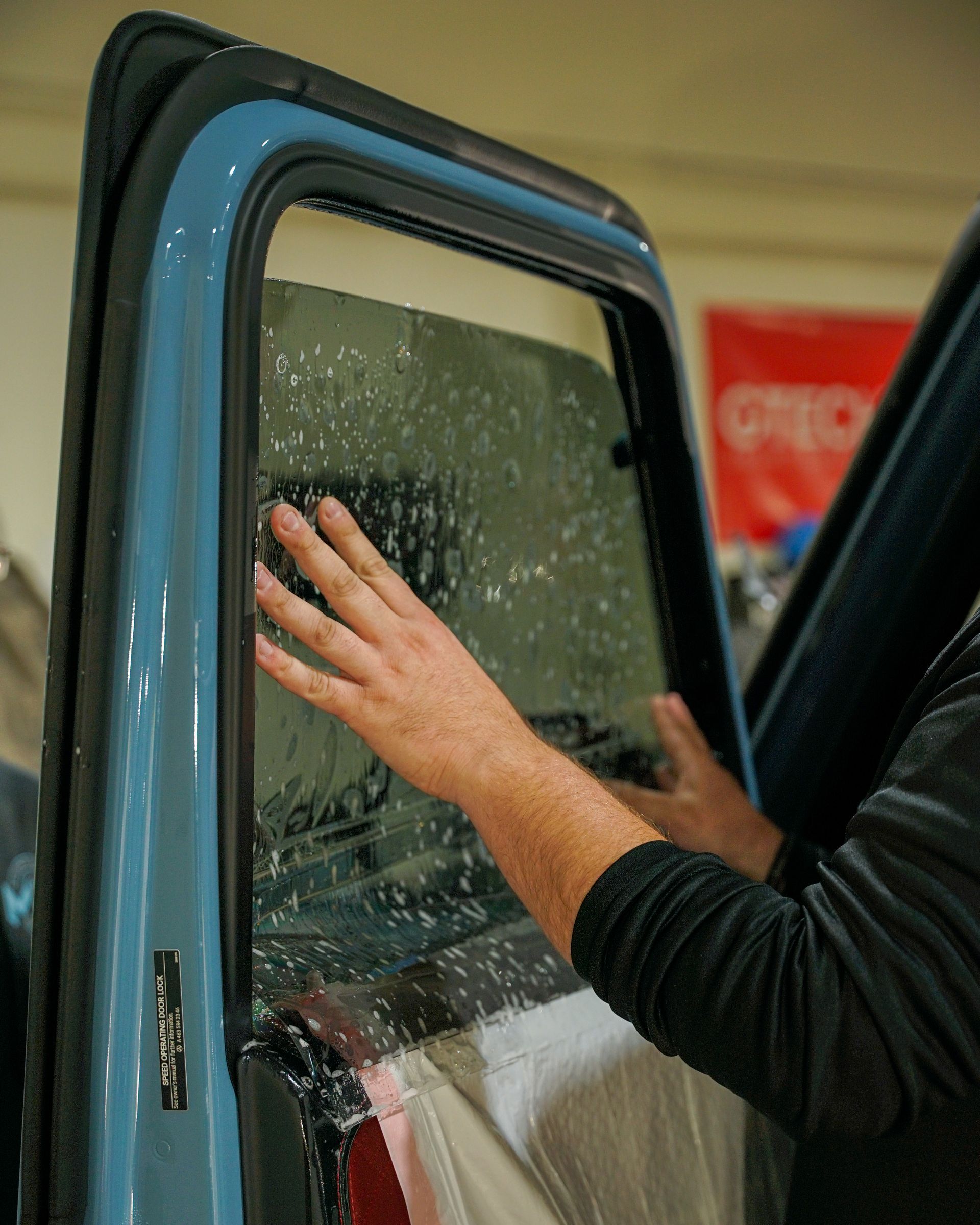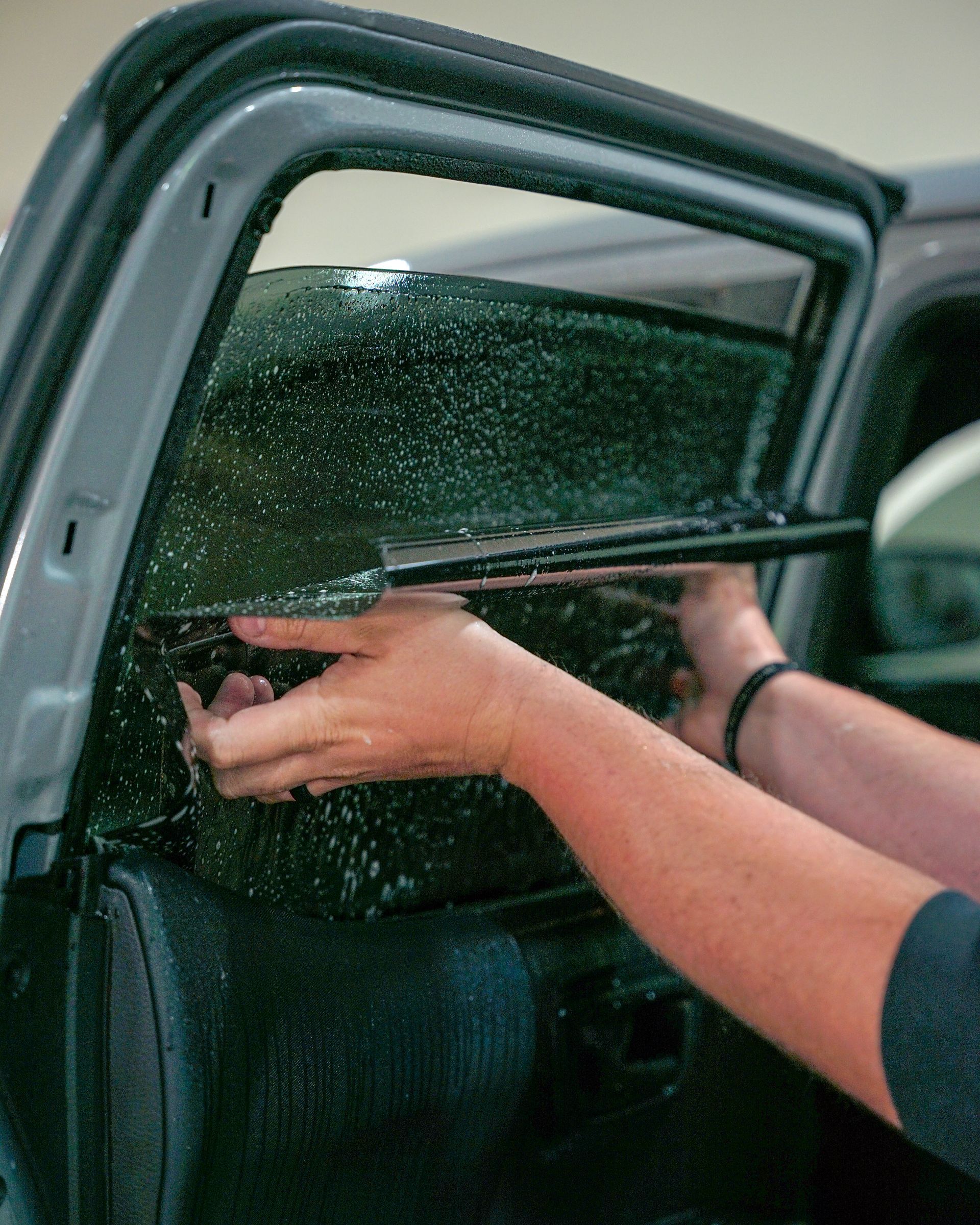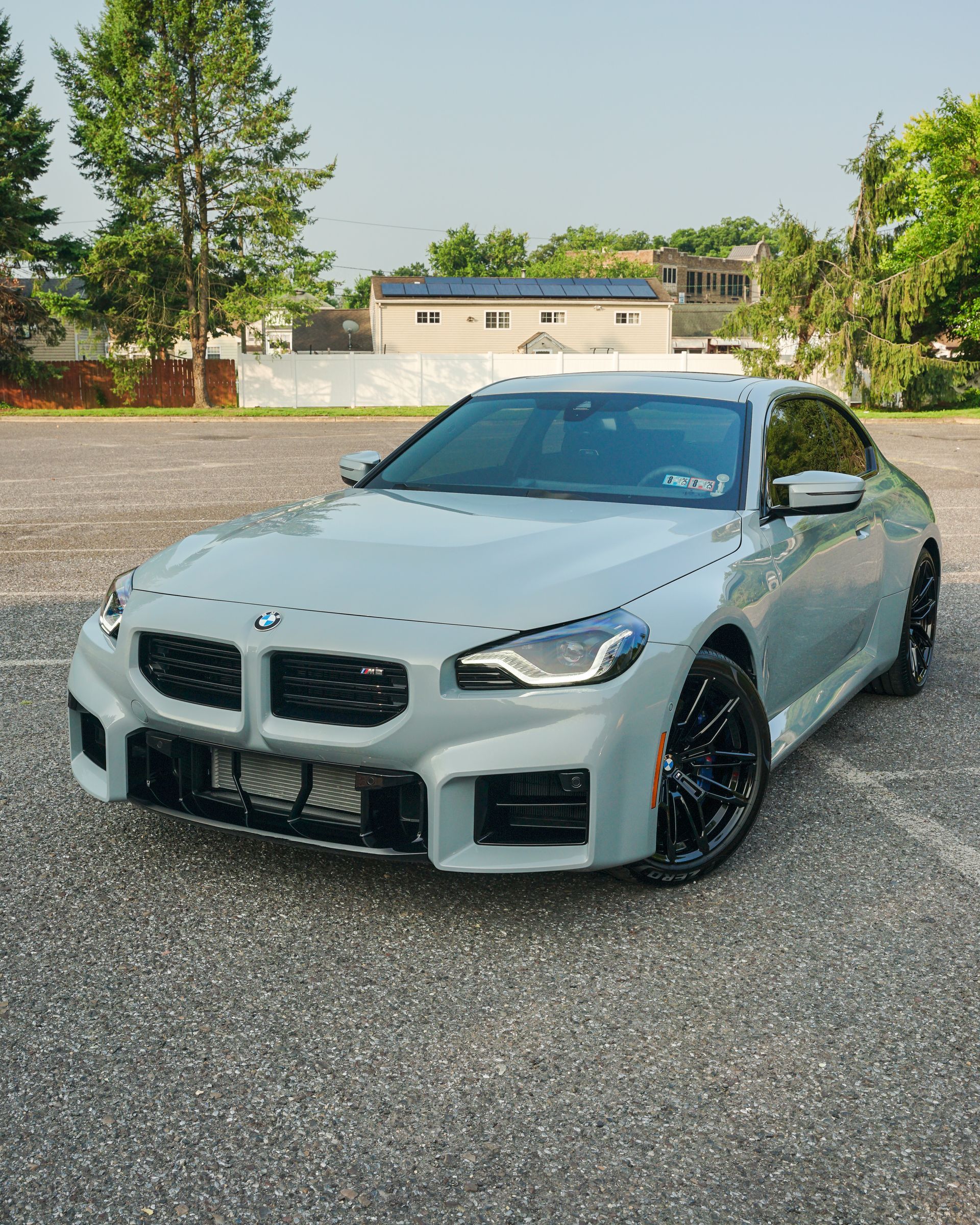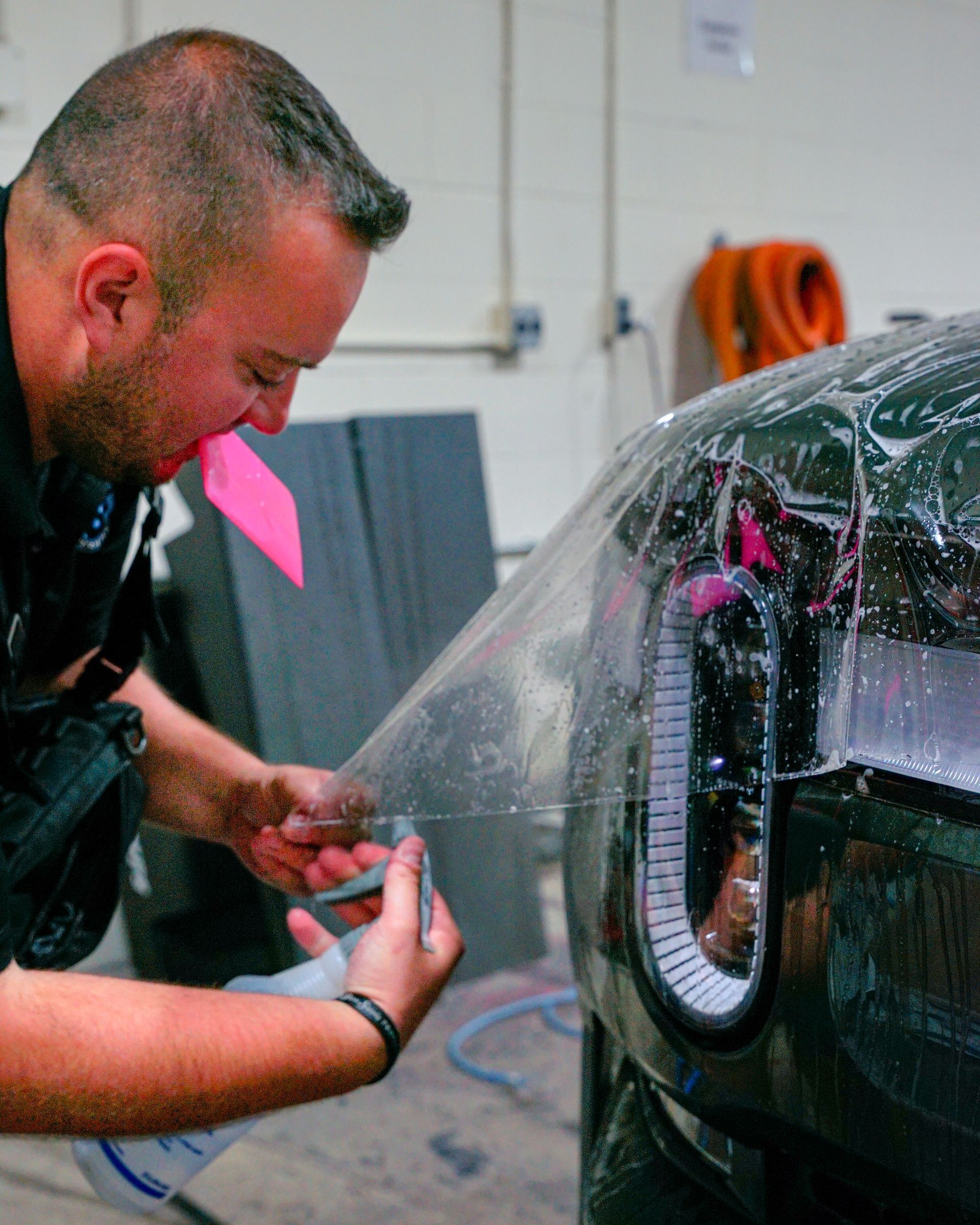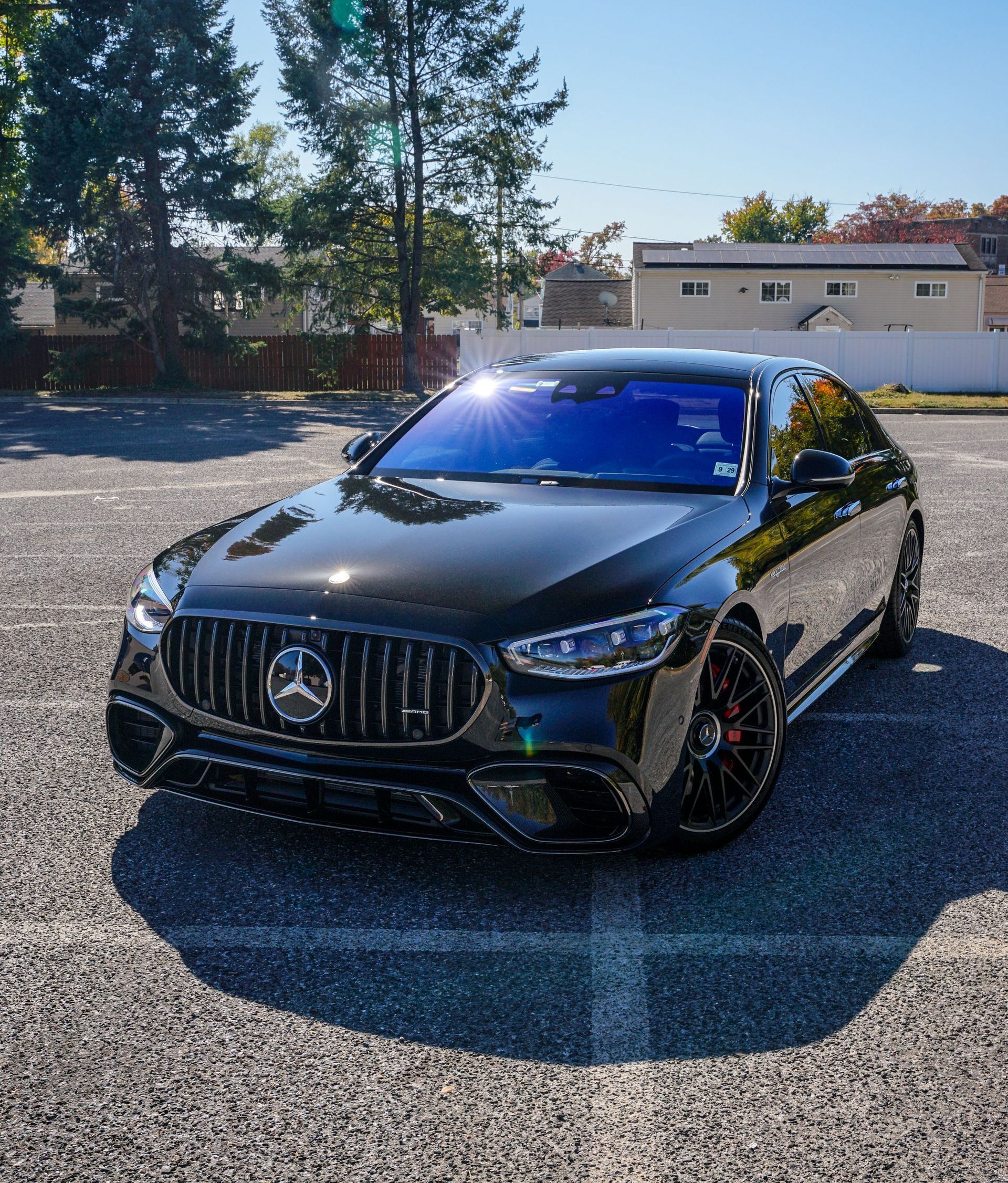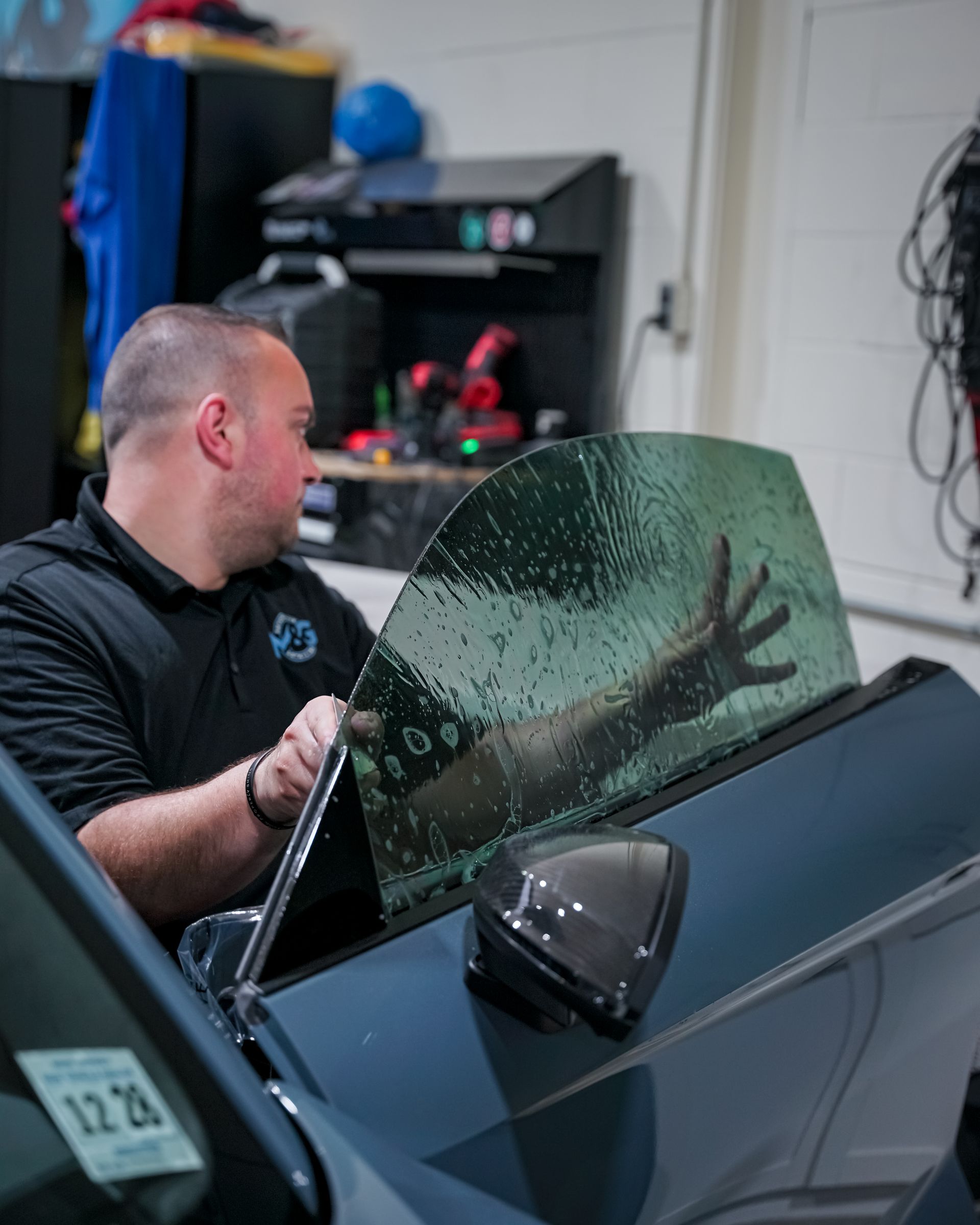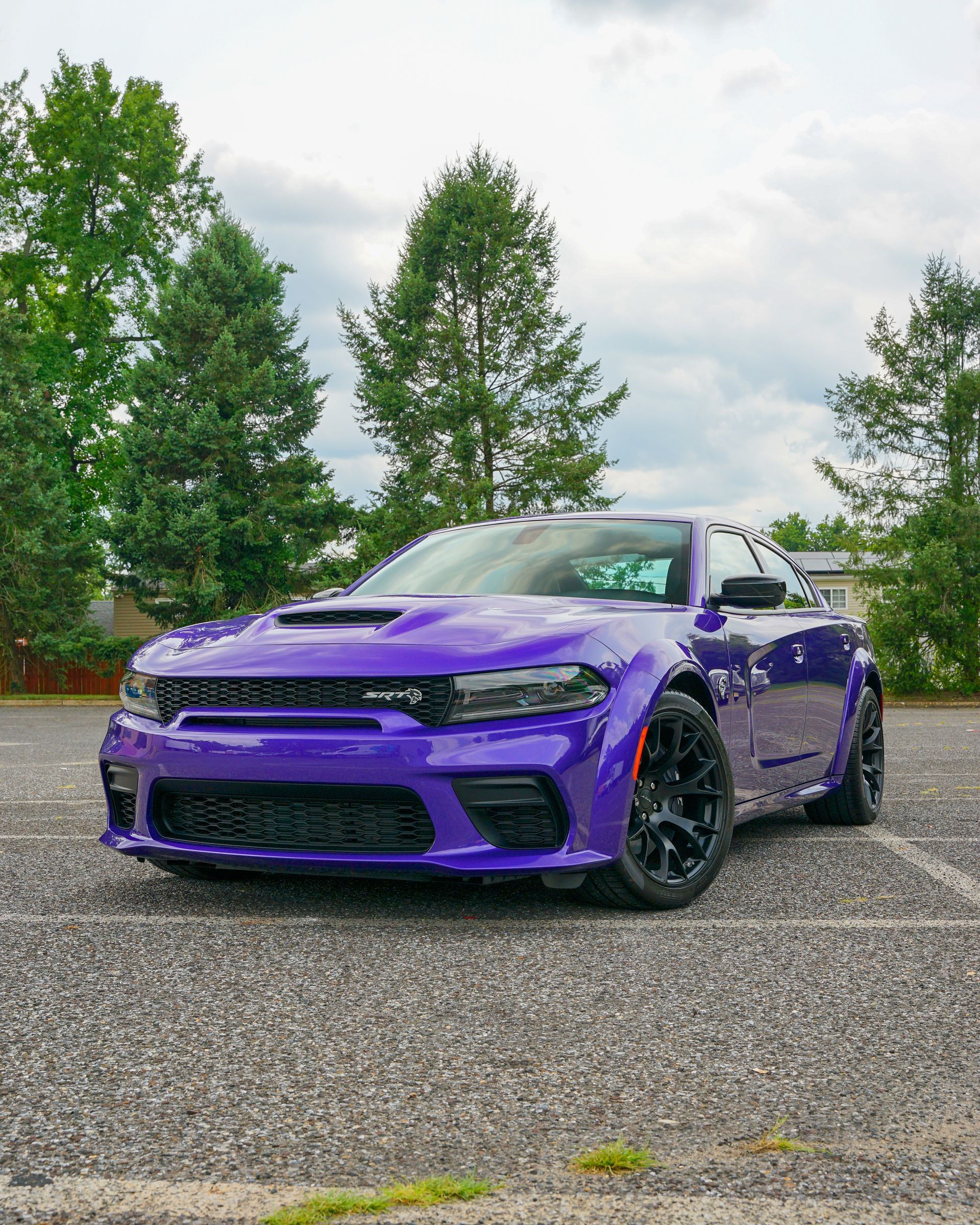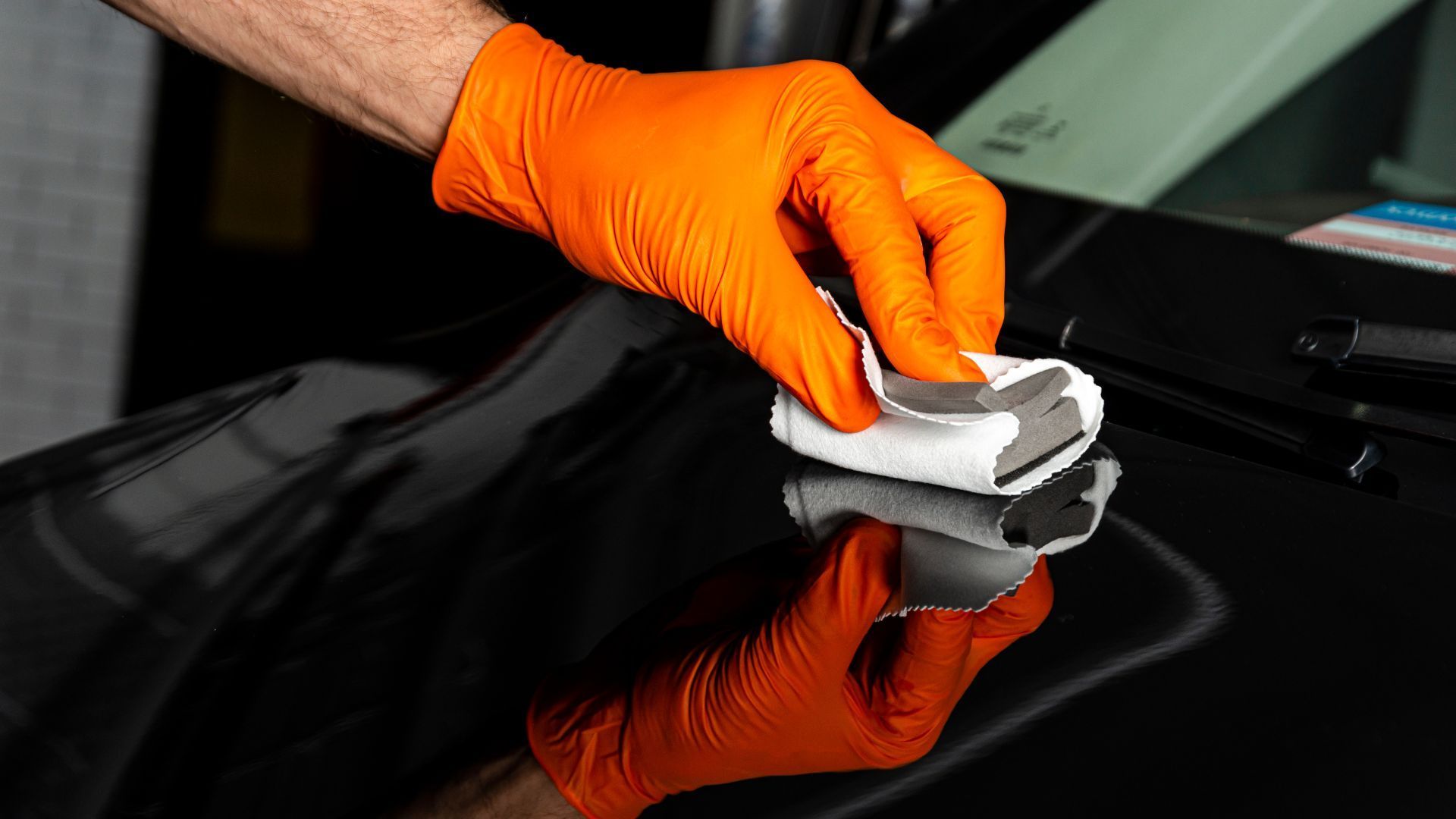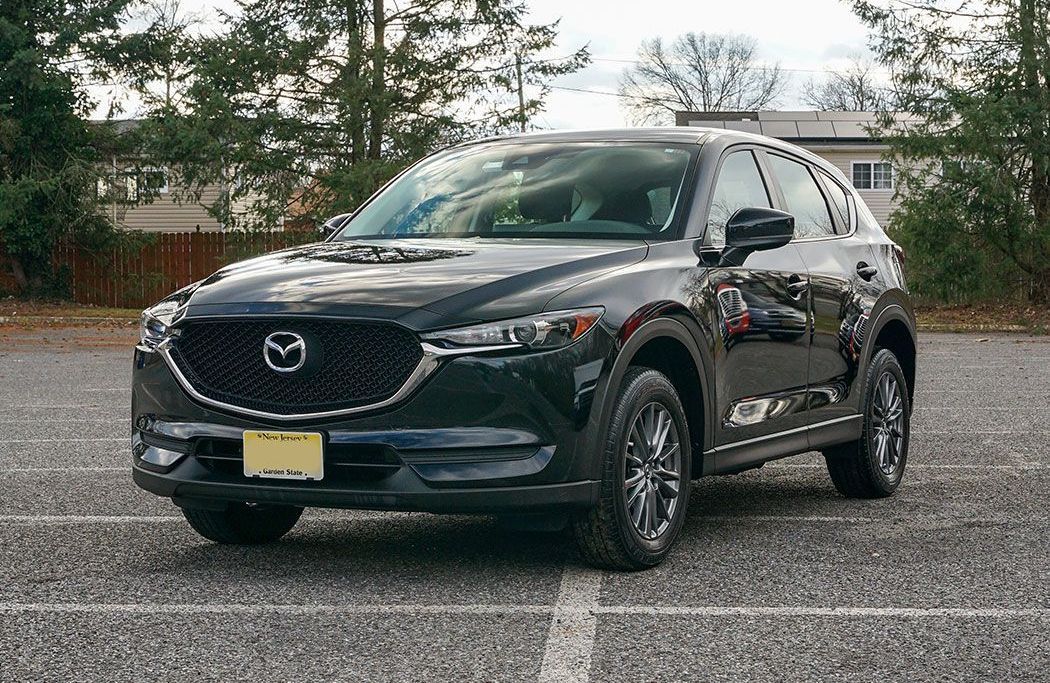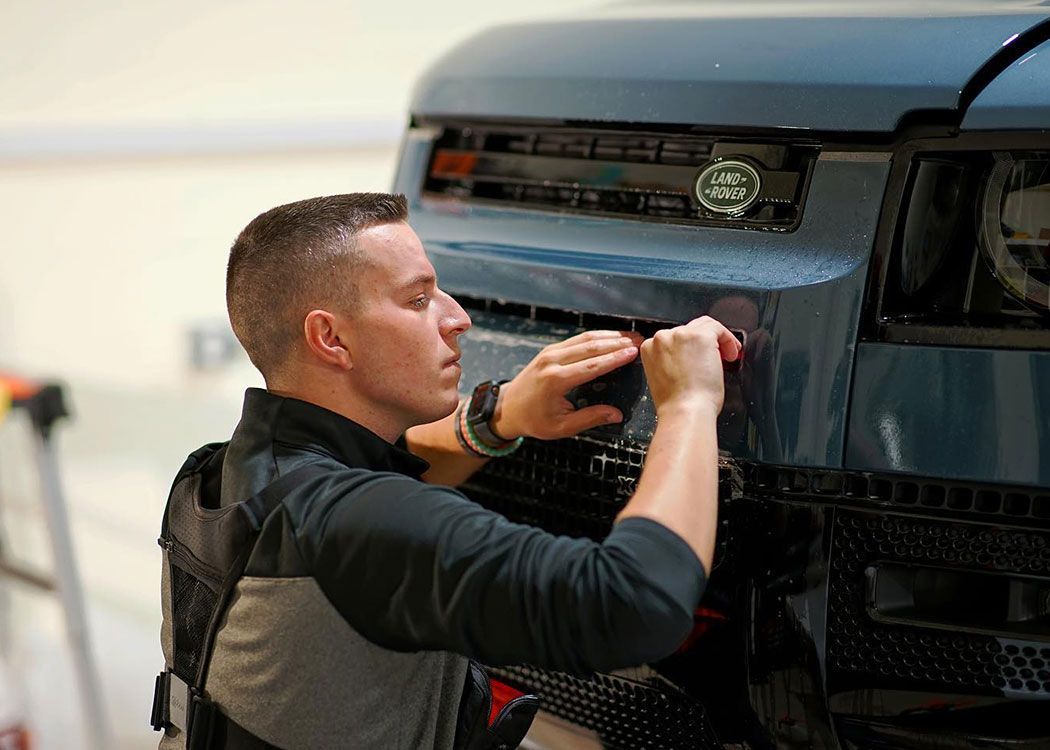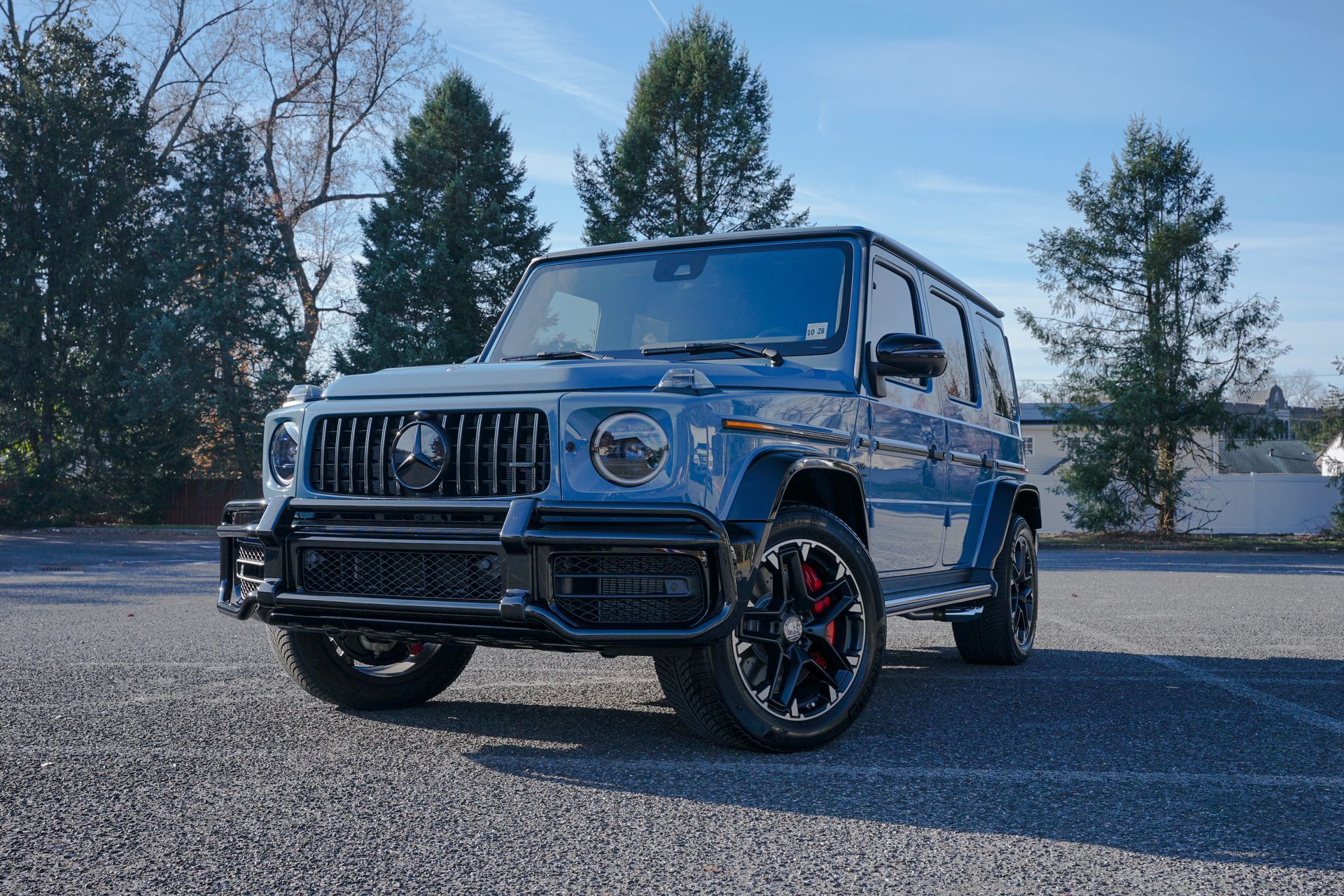DIY vs. Professional Vehicle Window Tinting: A Complete Comparison of Pros and Cons
Choosing between DIY and professional window tinting is no small task. A wrong pick could lead to unsightly air bubbles or uneven shading. Imagine rolling down your window, only to be greeted by crumpled film and sunlight spilling in through missed patches. But it's not all about looks; professional tints often have an edge with warranties, enduring against time's cruel touch.
When deciding between DIY and professional vehicle window tinting, it's essential to weigh factors such as your budget, time availability, and desired outcome. While DIY tinting can be cost-effective and provide a sense of accomplishment, professional installation offers expertise, guarantees on the work done, and compliance with legal regulations, ensuring a high-quality finish and long-lasting results.
Pros of Expert Vehicle Tinting
When it comes to achieving a flawless and long-lasting window tint, the expertise of professional installers is unmatched. These skilled professionals bring a wealth of knowledge and experience to the table, ensuring that your vehicle receives top-notch treatment. Here are some key benefits of opting for expert vehicle tinting:
Professional Expertise
Expert installers have the training and finesse required to ensure a precise and high-quality application of the tint. This significantly reduces the risk of imperfections such as air bubbles, creases, or uneven tint coverage. Their proficiency in handling the film ensures a smooth and seamless finish, enhancing both the aesthetic appeal and functionality of the window tint. Moreover, professional installers possess a deep understanding of various vehicle models and types, allowing them to customize the tint application according to the specific contours and dimensions of your car's windows. This level of customization and attention to detail results in a sleek, tailored look that enhances the overall appearance of your vehicle.
Warranty Coverage
One distinct advantage of choosing professional window tinting services is the warranty coverage they often provide. This warranty serves as a testament to their confidence in the quality of their workmanship and materials. With warranty coverage, you gain added peace of mind knowing that any issues or concerns with the tint can be addressed without incurring additional costs. This assurance reflects not only their commitment to excellence but also their focus on customer satisfaction. The inclusion of warranty coverage underscores the professional installer's dedication to delivering a superior and long-lasting tint application. In the rare event that you encounter issues with the tint, such as peeling, discoloration, or bubbling, the warranty offers protection and support, ensuring that any necessary repairs or replacements will be carried out promptly and efficiently.
Compliance with Regulations
Navigating the regulations surrounding vehicle window tinting can be challenging for individuals undertaking DIY projects. However, expert installers are well-versed in local tinting regulations, ensuring that the level of tint applied complies with the law. By entrusting professionals to handle your vehicle's window tinting, you can confidently avoid potential legal issues related to non-compliance with tint darkness limits or other relevant regulations. Professional installers stay updated on the latest legal requirements pertaining to window tinting, safeguarding you from inadvertently violating statutes related to visibility, safety standards, or permissible levels of light transmission. Their knowledge of these regulations enables them to recommend appropriate tint options while ensuring that your vehicle remains in full compliance with all applicable laws.
In essence, seeking professional expertise for your vehicle's window tinting not only guarantees a seamless and impeccable application but also provides valuable warranty coverage and ensures adherence to legal regulations. These advantages underscore the significant value offered by professional installers in enhancing both the aesthetic appeal and functional benefits of window tinting for your vehicle.
Pros of DIY Window Tinting
Many vehicle owners are drawn to the idea of DIY window tinting for several reasons. First, cost is often a deciding factor when it comes to vehicle modifications. DIY window tinting kits are generally more budget-friendly than professional services, making them an attractive option for cost-conscious individuals.
When you can take on a project like this by yourself, there's a certain satisfaction in handling it without dipping too much into your pockets. You have the flexibility to choose the exact products you want and work within your budget—a freedom that's not always available with professional services. Embracing the DIY ethos gives you the advantage of convenience—doing things at your own pace and on your schedule. There's no need to work around appointment times or wait at a shop. Having control over the entire process can save you both time and hassle.
Completing a window tinting project independently provides a sense of achievement and satisfaction that comes from knowing you did it yourself. So, when evaluating whether DIY window tinting is right for you, remember that it can offer significant cost savings, convenience, and a fulfilling sense of accomplishment that might just make it worth considering for your next project.
Outcome of DIY Approach
Embarking on a DIY window tinting project demands significant patience, precision, and attention to detail. For experienced enthusiasts, this endeavor can result in a professionally finished tint. However, for those lacking experience or overlooking essential details, the process may lead to less-than-desirable outcomes.
Achieving optimal results with a DIY task depends on various factors. It requires adeptness with meticulous tasks and the ability to follow complex instructions, especially given the intricacies of window tinting. Additionally, the type and quality of materials used significantly impact the final product. High-grade window tint films offer superior optical clarity and are more forgiving during installation, whereas low-quality films may lead to visible imperfections such as air bubbles or uneven application.
It's important to note that while some may relish the challenge and emerge successful, others may find themselves immersed in a frustrating battle against imperfections that compromise the aesthetics and functionality of their vehicle windows. For instance, individuals who rush through the installation process without adequately preparing their workspace or carefully cleaning the windows beforehand are more likely to encounter issues like trapped dust particles or uneven tint coverage.
The challenges associated with DIY window tinting projects extend beyond application errors—legal compliance with local regulations poses another hurdle. Without proper knowledge or guidance, individuals might unintentionally violate state laws by selecting tint films that do not meet light transmittance standards. Ultimately, while some may revel in the satisfaction of a picture-perfect self-tinted vehicle, it's crucial to acknowledge that success is contingent upon numerous variables—from personal skill and craftsmanship to material quality and legal adherence.
Initial Expenditure: Professional vs DIY
When comparing the cost of professional vehicle tinting to the DIY alternative, several factors come into play. Professional window tinting typically costs between $500 and $800, or higher, depending on variables such as the vehicle's make and model, the type of film used, and the number of windows being tinted. Conversely, DIY window tinting kits generally range from $50 to $200, providing a more budget-friendly option for vehicle owners looking to enhance their car's aesthetics and functionality. It's important to consider that while DIY kits may seem initially more affordable, there are additional factors to weigh in. One crucial factor is the variation in quality and longevity between professional-grade films and those included in DIY kits. Professional tints often utilize higher-quality materials with longer lifespans and superior UV protection. Some budget-friendly DIY films may not endure prolonged exposure to the sun's rays and could degrade more rapidly over time, requiring replacement sooner than expected.
When opting for professional services, consumers benefit from the expertise of trained professionals who ensure precise application and adherence to local legal regulations regarding window tint darkness. The expense of professional installation covers not only the high-quality materials used but also the skill and experience provided by professionals in correctly applying the film without imperfections such as bubbles or uneven tints. On the other hand, DIY enthusiasts have the flexibility to choose from a variety of DIY kits at different price points based on their budget and preferences. While these kits may offer considerable savings compared to professional services, it's crucial for consumers to carefully research and select reputable brands known for providing durable films with easy-to-follow instructions for a successful application.
It's clear that both options present distinct advantages and potential drawbacks in terms of initial expenditure, and it ultimately comes down to each car owner's priorities, budget constraints, and willingness to invest time in achieving the desired results.
Comparison of Long-Term Expenditure
When investing in window tinting, it's vital to consider the long-term implications of your choice. Although DIY tint kits may seem cost-effective at first, their long-term durability and performance require careful evaluation. Conversely, professionally installed tints prioritize longevity and quality, potentially resulting in significant cost savings over time by reducing the need for premature replacement, repairs, or costly re-tinting. Professionally installed tints are less likely to peel or discolor over time due to the application process and high-quality materials used. This means that you won't need to spend extra money on re-tinting or repairing the tint due to issues such as bubbling, peeling, or fading. Professional installers also often provide warranties and guarantees for their work, offering peace of mind and potential savings in case of any unforeseen issues or defects with the tint.
In contrast, DIY tint kits often use lower-quality materials than professional installers and lack the expertise of a trained professional during installation. As a result, these lower-grade materials may lead to premature fading or unanticipated damage, necessitating earlier replacement or repairs. Once these issues arise, they can accumulate substantial costs in the long run when compared to the upfront expense of professional installation. Imagine dealing with peeling and discolored DIY window tint after just a few years of installation. Not only do you have to spend money on a new DIY kit but you also have to invest your time and effort into removing the old tint and applying the new one. In contrast, a professionally installed window tint is designed to endure the test of time, providing long-lasting UV protection and heat resistance without the need for frequent replacement or maintenance.
So while DIY kits might seem like a budget-friendly option initially, the potential long-term costs associated with their performance and durability should not be overlooked. Professional window tint installation offers lasting benefits that can translate into significant cost savings over time by minimizing the need for re-tinting and repairs. It's a matter of weighing upfront savings against potential long-term expenses and considering the value of durability, quality, and reliable performance in the decision-making process. In making a decision about window tinting, it's crucial to look beyond initial expenses and consider the long-term consequences. The lasting benefits provided by professional installation can lead to substantial cost savings over time while ensuring high-quality performance and durability for your vehicle's windows.
Leading Window Tinting Services in Cherry Hill, NJ
Experience unmatched quality and expertise at M&G Automotive Detailing, the premier destination for
window tinting in Cherry Hill, NJ. Our seasoned professionals specialize in delivering flawless tinting solutions tailored to your specific needs, ensuring maximum privacy, UV protection, and aesthetic appeal for your vehicle. With a commitment to excellence and attention to detail, we guarantee satisfaction with every installation. Say goodbye to glare and heat buildup while enhancing the sleek look of your ride. Trust M&G Automotive Detailing to provide unparalleled service and results—schedule your window tinting appointment today! Call us at
(609) 923-3123 to get started!
